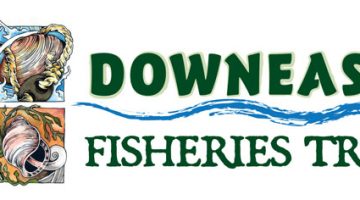Gulf of Maine Expedition
In 2002, Sea Grant MET member and expedition team leader, Natalie Springuel, embarked on a five-month sea kayaking journey called the Gulf of Maine Expedition. She and six additional team members and program staff organized the journey along the entire coast of the Gulf of Maine, from Provincetown, MA, to Cape Sable Island, N.S. The […]
Read more
